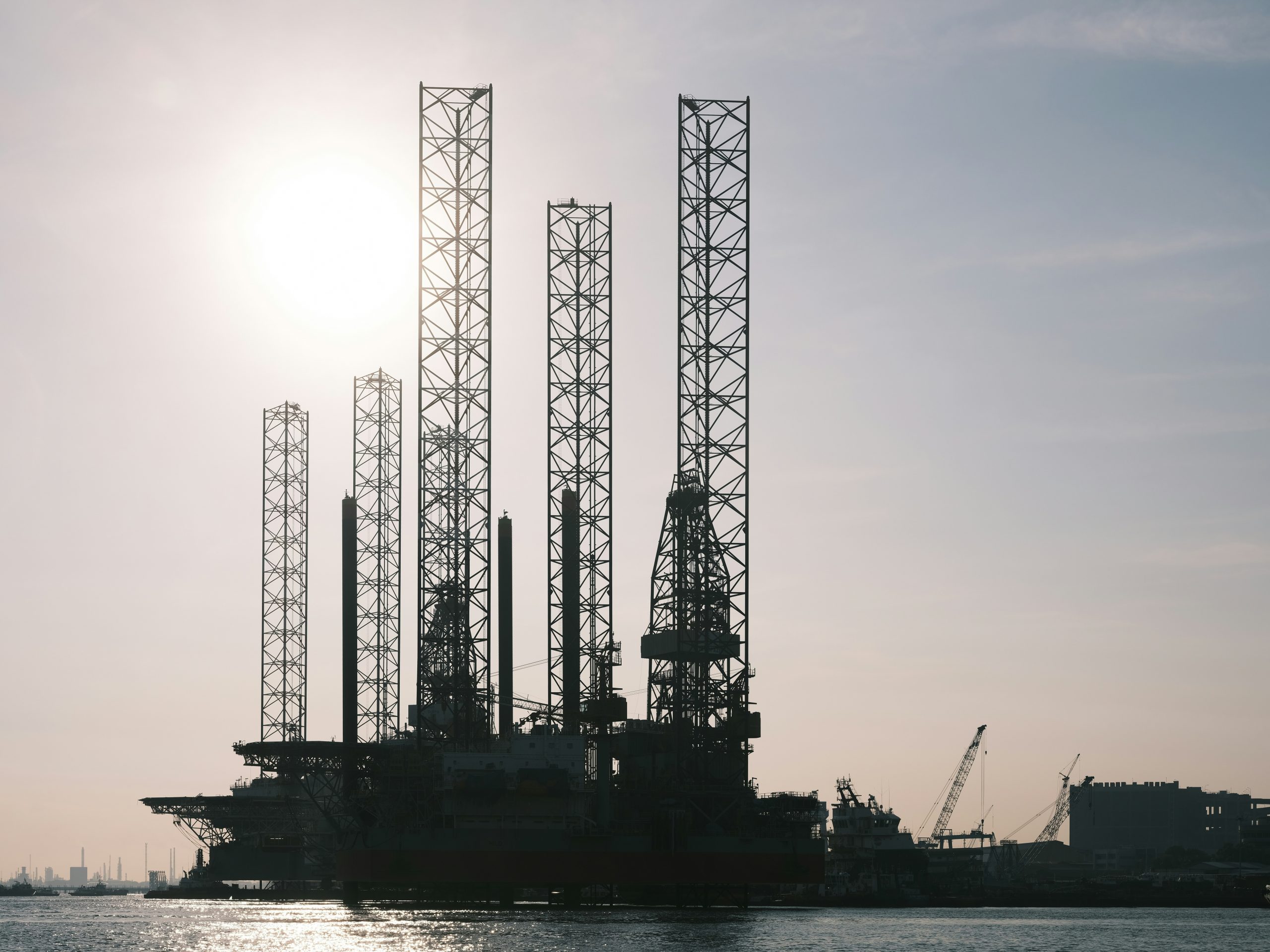
Oil wells are the backbone of global energy production, fueling modern industries and powering economies around the world. From transportation to manufacturing, oil remains a crucial energy source despite the increasing focus on renewable alternatives. Understanding how oil wells function and their role in global energy production is essential in grasping the complexities of the energy landscape.
The Basics of Oil Wells
An oil well is a structure created by drilling into the Earth’s surface to extract crude oil. The process involves several technical steps, beginning with exploration to identify potential oil reserves. Once a suitable location is found, drilling operations commence, often going miles beneath the Earth’s surface. This intricate process utilizes advanced machinery and technologies to reach oil trapped deep underground.
Oil wells are categorized based on their depth, location, and the type of crude oil extracted. Some are shallow, while others can extend deep into the Earth’s crust. Offshore oil wells are drilled beneath the seabed, often requiring even more sophisticated technology due to the challenges of underwater extraction.
Global Oil Reserves and Key Players
Oil wells are located in regions with significant oil reserves, which are not evenly distributed worldwide. The Middle East, home to countries like Saudi Arabia, Iraq, and Iran, possesses some of the largest proven oil reserves. These countries play a dominant role in the global oil market and exert considerable influence over global energy policies.
Other key players include the United States, which has made significant strides in oil production through technological advancements like hydraulic fracturing (fracking). Russia and Venezuela also have substantial oil reserves, contributing to their geopolitical power. These nations, through their oil well production, shape the energy market by adjusting their oil output, which influences global prices and supply chains.
Oil Wells and the Global Economy
The significance of oil wells in global energy production cannot be overstated, as oil is a crucial driver of the global economy. It fuels transportation systems, including cars, ships, and airplanes, making it indispensable for trade and travel. Moreover, oil is a primary raw material for petrochemical industries, which produce everything from plastics to fertilizers.
The global demand for oil remains high despite a growing shift towards renewable energy. Oil wells, especially those in major producing regions, are continuously tapped to meet this demand. Any disruption in oil production, such as natural disasters, geopolitical tensions, or policy changes, can lead to fluctuations in global oil prices, affecting economies worldwide.
For instance, political instability in oil-rich regions like the Middle East often leads to a spike in oil prices, which in turn drives inflation in importing countries. Similarly, when oil wells in major producing nations such as Venezuela or Russia face production challenges, the global supply chain is disrupted, affecting industries reliant on oil.
Technological Innovations in Oil Extraction
While the basic principle of drilling for oil has remained unchanged, the technology behind it has evolved significantly. The use of seismic surveys, 3D imaging, and other geological mapping techniques has enhanced the accuracy of finding oil reserves. Once oil is located, modern drilling techniques, including horizontal drilling and enhanced oil recovery methods, maximize the amount of oil extracted from each well.
Hydraulic fracturing, or fracking, has been a game-changer in oil production, particularly in the United States. This method involves injecting a high-pressure mixture of water, sand, and chemicals into shale rock formations to release oil trapped within. Fracking has enabled the U.S. to become one of the top oil producers in the world, shifting the global energy dynamic.
Offshore drilling has also advanced with the development of deepwater drilling platforms capable of extracting oil from beneath ocean floors. These platforms are equipped with cutting-edge technology to withstand harsh marine conditions, ensuring continuous production even in the most challenging environments.
Environmental Concerns and Oil Wells
While oil wells are essential to global energy production, they come with significant environmental challenges. Oil spills, which can occur during drilling or transportation, have devastating effects on marine ecosystems and coastal regions. High-profile incidents like the Deepwater Horizon spill in 2010 highlighted the risks associated with offshore oil wells.
Additionally, oil extraction contributes to air and water pollution. The burning of fossil fuels, including oil, releases carbon dioxide and other greenhouse gases, exacerbating climate change. As a result, there is growing pressure on oil-producing nations and companies to adopt more sustainable practices and invest in cleaner energy alternatives.
Efforts to reduce the environmental impact of oil production include the development of carbon capture and storage technologies, which aim to reduce the amount of carbon dioxide released during the extraction and refining process. Furthermore, oil companies are increasingly investing in renewable energy sources, recognizing the need to diversify as the world shifts towards a greener energy future.
The Future of Oil Wells in a Changing Energy Landscape
Despite the push for renewable energy, oil wells will continue to play a crucial role in global energy production for the foreseeable future. The transition to cleaner energy sources like wind, solar, and nuclear power will take time, and the world remains heavily dependent on oil for various industries and transportation needs.
However, the focus on reducing carbon emissions and combating climate change has prompted many oil-producing countries to explore cleaner technologies and diversify their energy portfolios. Some countries, like Saudi Arabia, are investing heavily in renewable energy while continuing to rely on their oil wells to support their economies.
Oil wells are integral to the current global energy system, driving economic growth and supporting industries worldwide. While advancements in technology have made oil extraction more efficient, the environmental impact of oil production remains a pressing concern. As the world gradually shifts towards renewable energy, oil wells will continue to be vital, but their role will likely evolve in response to the changing energy landscape.